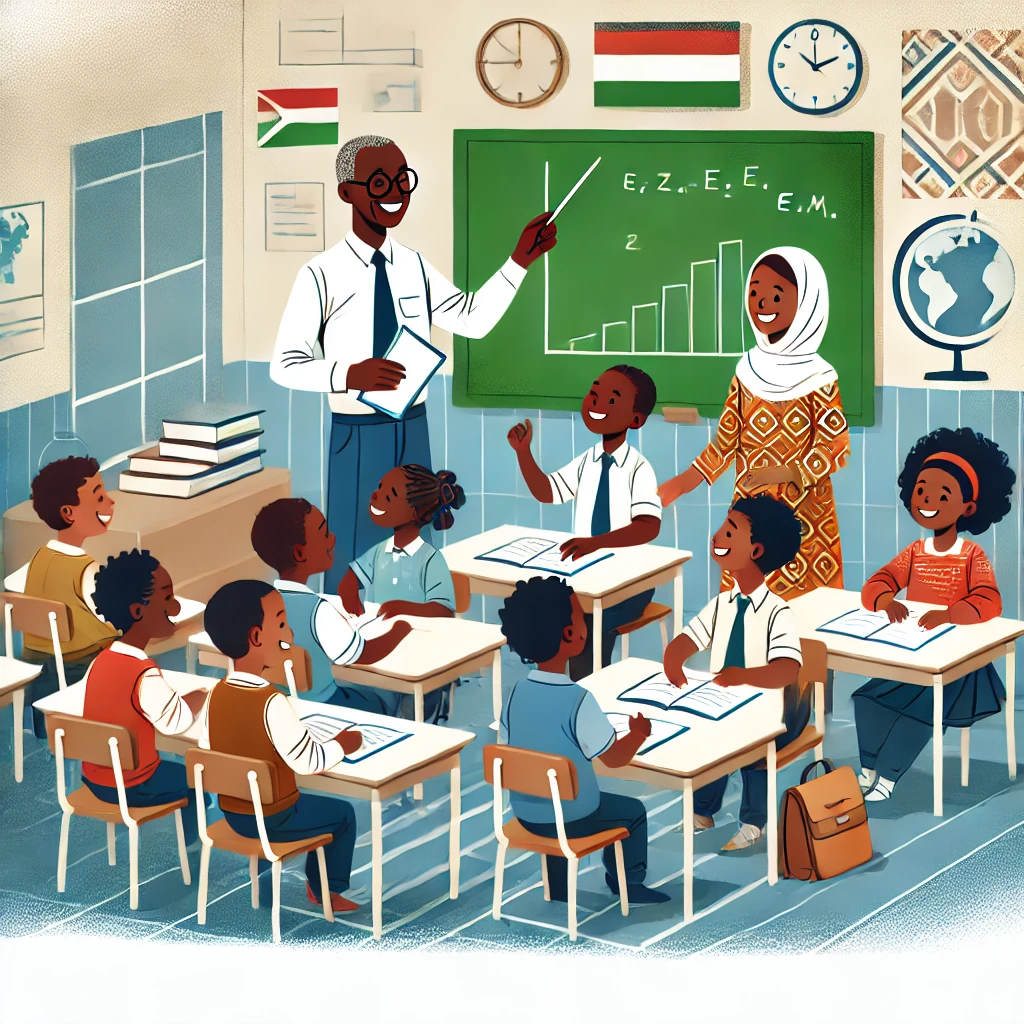STARTBODY
Home /
Pedagogical traditions in UK education
Exploring the Pedagogical Traditions in UK Education
Introduction
The United Kingdom has a rich history in education, with a diverse range of pedagogical traditions that have evolved over the years. Understanding these traditions is crucial for educators and students alike, as they shape the way teaching and learning are approached in the UK. In this article, we will delve into the different pedagogical traditions in UK education, exploring their origins, characteristics, and impact on the education system.
Traditional Pedagogy
One of the most prominent pedagogical traditions in UK education is traditional pedagogy, which is rooted in the classical approach to teaching and learning. This tradition emphasizes teacher-centered instruction, rote memorization, and a hierarchical classroom structure. Students are expected to listen to the teacher, absorb information, and demonstrate their knowledge through assessments. While traditional pedagogy has been criticized for its lack of student engagement and critical thinking, it remains a significant influence in UK schools, particularly in subjects like mathematics and grammar.
Progressive Pedagogy
In contrast to traditional pedagogy, progressive pedagogy is based on the principles of child-centered learning, experiential education, and active student participation. This pedagogical tradition prioritizes students' interests, needs, and abilities, encouraging them to explore, question, and collaborate. Progressive educators in the UK advocate for hands-on learning experiences, group projects, and individualized instruction. While progressive pedagogy has gained popularity for its focus on holistic development and critical thinking skills, it has also faced criticism for potentially neglecting essential foundational knowledge.
Inclusive Pedagogy
Another important pedagogical tradition in UK education is inclusive pedagogy, which centers on creating equitable and accessible learning environments for all students. Inclusive pedagogy emphasizes diversity, inclusion, and differentiation, recognizing the unique strengths and challenges of each learner. Educators following this tradition strive to accommodate various learning styles, abilities, and backgrounds, ensuring that every student has the opportunity to succeed. Inclusive pedagogy also promotes social justice, empathy, and respect for individual differences, fostering a sense of belonging and community in the classroom.
Multicultural Pedagogy
Multicultural pedagogy is a growing pedagogical tradition in UK education, reflecting the increasing cultural diversity in schools and society. This approach values cultural awareness, global perspectives, and intercultural competence, aiming to integrate diverse perspectives and experiences into the curriculum. Educators practicing multicultural pedagogy seek to celebrate cultural differences, challenge stereotypes, and promote cross-cultural understanding among students. By incorporating multicultural content and perspectives, this pedagogical tradition enriches the learning experience and prepares students to thrive in a multicultural world.
Conclusion
In conclusion, the pedagogical traditions in UK education are diverse, reflecting a range of philosophical perspectives, values, and practices. From traditional pedagogy to progressive, inclusive, and multicultural approaches, each tradition contributes to the rich tapestry of education in the UK. By understanding and critically engaging with these pedagogical traditions, educators can enhance their teaching practices, create inclusive learning environments, and empower students to reach their full potential.
Tefl article - TEFL The present and future roll of TEFL in Thailand #402
The present and future roll of TEFL in Thailand Liz Mackenzie
Tefl article - TEFL Teaching Grammar #305
Tefl article - TEFL Songs in classroom #361
Teaching Grammar Tamsin Langrishe
Multiple Intelligences in the E.S.L. Classroom Celia Cho
TEFL Certification Seville - ✔️ ✔️ ✔️ TEFL Spain
Tefl article - TEFL Teaching Grammar #304
Cultural Sensitivity in the EFL Classroom Brenda Gray
What can I do with a TEFL degree?





